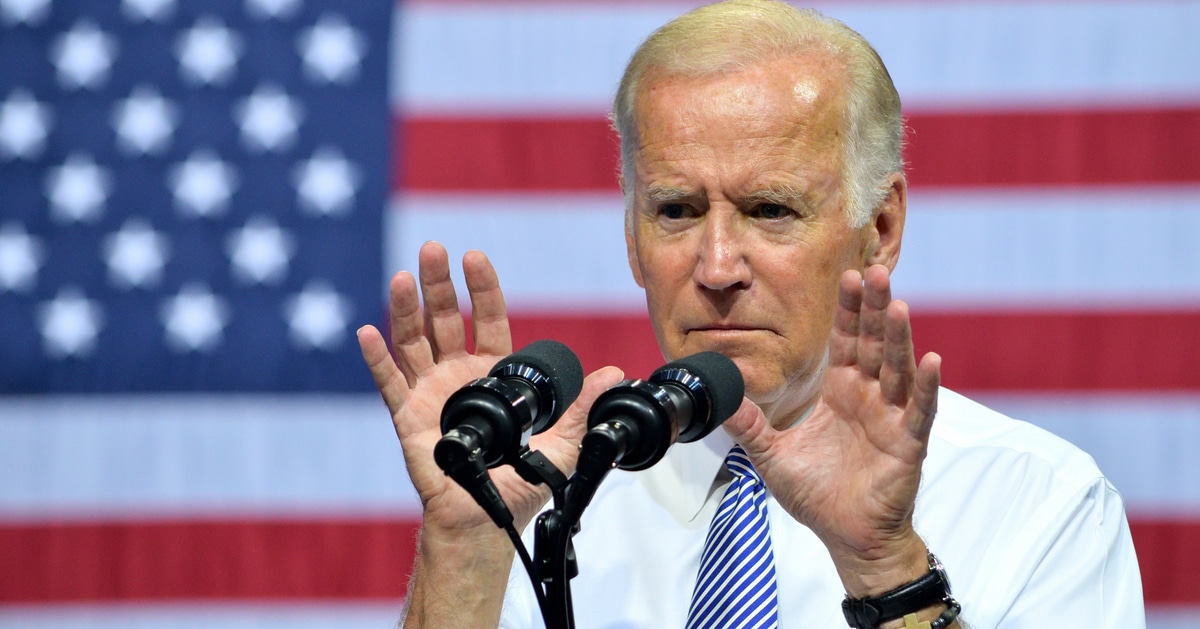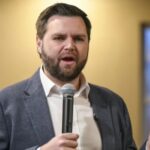

The release of long-suppressed videos recorded by David Daleiden has caused renewed controversy over the handling of fetal tissue by Planned Parenthood executives.
The Washington Examiner reported that the nearly decade-long case brings Kamala Harris’s involvement during her time as California Attorney General into focus, raising questions about her political motives and actions.
In 2015, David Daleiden from the Center for Medical Progress recorded undercover videos at the National Abortion Federation’s commercial trade show. The footage captured conversations among Planned Parenthood executives regarding fetal tissue handling.
These videos were subsequently suppressed following a court injunction in July 2015. The suppression lasted until May 2024, when the footage was included in the federal congressional record during a hearing hosted by Rep. Marjorie Taylor Greene (R-GA).
The release of these videos has reignited public debate on the ethical and legal practices of Planned Parenthood concerning fetal tissue.
During her tenure as California Attorney General, Kamala Harris played a significant role in prosecuting Daleiden. Harris authorized a raid on Daleiden’s home, which resulted in the seizure of his personal laptop and hard drives.
Before the raid on Daleiden's residence, Harris had met with Planned Parenthood executives. This move has been criticized as a conflict of interest, given her endorsement by Planned Parenthood during her Senate campaign.
The legal battle over the videos has persisted for nearly a decade, with Daleiden still facing eight felony charges in California. These charges relate to the unauthorized recording and the use of a fake driver’s license to access Planned Parenthood offices.
A tentative trial date for Daleiden’s case has been set for December in the San Francisco Superior Court. The footage includes discussions by Dr. Ann Schutt-Ainé and Tram Nguyen of Planned Parenthood Gulf Coast (PPGC) about procedures and compliance with federal laws.
Specifically, Schutt-Ainé and Nguyen discussed methods to avoid prosecution under the federal partial-birth abortion ban while preserving fetal organs for harvesting. This aspect of the footage has drawn particular scrutiny and ethical debates.
Schutt-Ainé detailed how she might handle certain procedures, explaining, “If I’m doing a procedure, and I’m seeing that I’m in fear that it’s about to come to the umbilicus [navel], I might ask for a second set of forceps to hold the body at the cervix and pull off a leg, or two, so it’s not PBA.”
Tram Nguyen discussed a scenario with a minor patient, comparing the situation to others where the fetus remained more intact. She mentioned the discomfort of the minor, which required the physician “to hurry up,” further adding complexity to the debate.
Additionally, Nguyen spoke about the awkwardness of discussing fetal tissue, stating, “I’m like, ‘Yeah, I have like a leg for you.’ I’m like, oh ****, if other people were to hear me, they’d be like, you are **** evil.”
The Planned Parenthood Federation of America has consistently denied profiting from fetal tissue donations. They defend the practice as contributing to medical advancements.
PPGC, based in Houston, closed following the Supreme Court's decision in Dobbs v. Jackson Women’s Health Organization in June 2022. This ruling has had significant impacts on Planned Parenthood's operations and the reproductive healthcare landscape.
In 2015, the National Abortion Federation (NAF) issued a statement supporting the use of aborted fetal tissue for research. They argued that such research could benefit millions of Americans with serious medical conditions.
NAF’s statement read, “Medical progress should not be impeded by those whose agenda is to demonize abortion providers and make abortion care inaccessible for women.”
The release of the videos has sparked renewed legal and ethical questions about the practices revealed in the footage. The involvement of high-profile political figures like Kamala Harris has added another layer of complexity to the ongoing debate.
As the December trial date for Daleiden's case approaches, the public and legal scrutiny will likely intensify. The case continues to polarize opinions on abortion, fetal tissue research, and political involvement in legal proceedings.
The nearly decade-long battle underscores the deep divisions and contentious nature of abortion-related issues in the United States.
In summary, the release of David Daleiden’s undercover videos after nine years has reignited the debate over Planned Parenthood's handling of fetal tissue. The controversy also brings to light the involvement of Kamala Harris during her tenure as California Attorney General and raises questions about the ethical and legal implications of the practices depicted in the footage.



